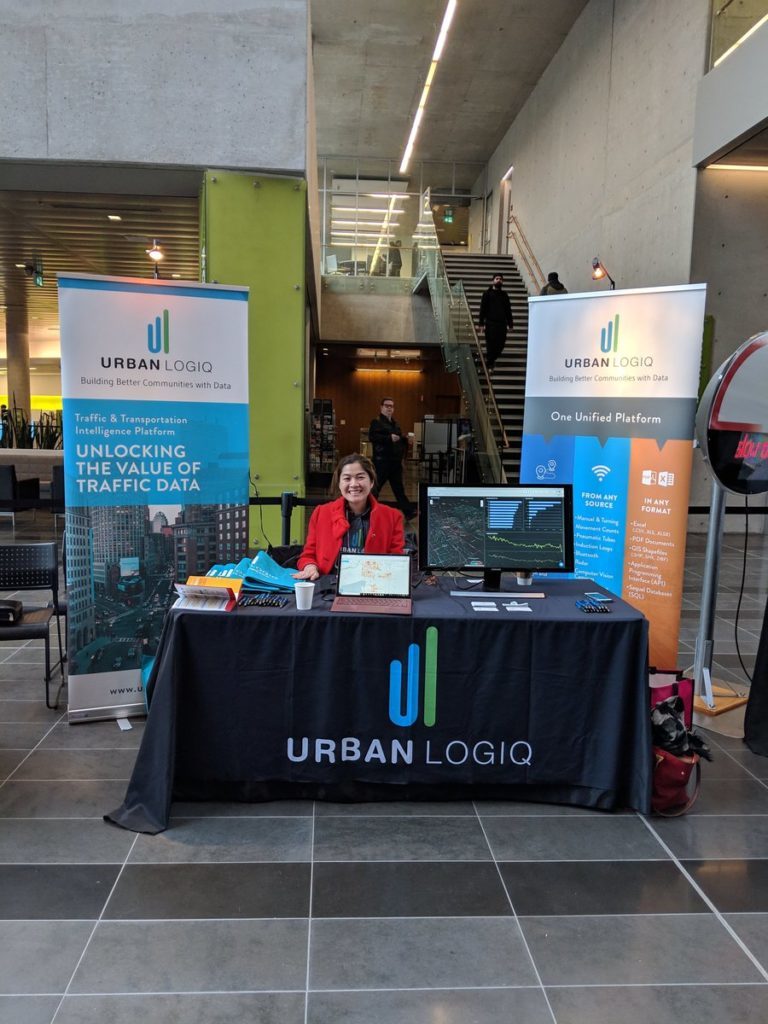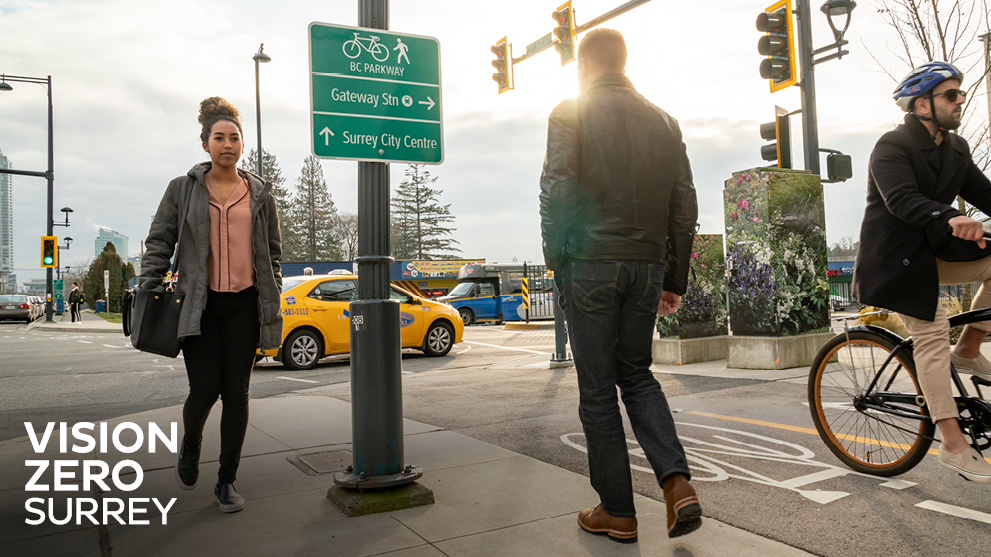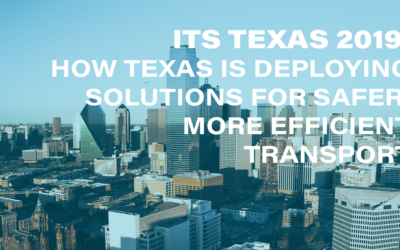Vision Zero Surrey: How B.C. is advancing the dialogue on eliminating traffic fatalities
Written by: Rachel Rasmussen
Last weekend the City of Surrey hosted B.C.’s debut Vision Zero Summit, joining the growing number of agencies tackling the now global initiative to eliminate traffic fatalities. A sombre affirmation to the importance of the cause, Surrey documented their first fatal crash of 2019 involving a pedestrian on February 8th, the morning of the summit.
Born out of Scandinavia, Vision Zero operates under the ideology that fatal injuries are not an inevitable byproduct of a transportation network, but rather are entirely preventable through the integration of a holistic, safe systems approach to transportation planning. Gaining traction under this paradigm shift, the initiative has spread throughout Europe, the United States, and now Canada, with 6 provinces currently participating.
The summit, timed with the release of Surrey’s Safe Mobility Plan, invited local government, neighbouring cities, police, first responders, startups and transportation professionals alike, to showcase and share solutions to transportation and road safety challenges. Notable speakers included Surrey Mayor Doug McCallum, CAVCOE CTO Paul Godsmark, Dana Dickman from the City of Portland, Chava Kronenberg from the San Francisco Municipal Transportation Agency, and quite a few others.
As the Gold Sponsor of the event, UrbanLogiq had the opportunity to set up a booth and take note of a few ways B.C. is joining the conversation on Vision Zero.

In no particular order:
1. B.C. is taking notes from other cities
Representatives from both the City of Portland and Washington State were in attendance, showcasing initiatives from their respective regions. In Portland, cannabis tax revenue is being allocated to aid a $300,000 investment in the City’s Struck campaign. The campaign is one of 31 efforts in their Vision Zero action plan, which also includes education, street re-design, and the 20 is Plenty campaign, complete with branded apparel to spread the message.
From the Washington Traffic Safety Commission, Darrin Grondel shared findings from the State’s research with the WSP Toxicology Lab, where THC levels were examined in drivers involved in fatal crashes before and after marijuana was legalized. The results of that study can be found here (THC-positive drivers involved in fatal crashes increased).
2. B.C. is preparing for a connected and autonomous future
Detailed in the “Planned Safe Systems Interventions” section of their Safe Mobility Plan, the City of Surrey will work to prepare the regions’ roads for the coming arrival of connected and autonomous vehicles (CAVs), and pilot emerging technologies. By the same token, Vancouver and Surrey, have co-submitted a bid to implement two collision-free multi-modal transportation corridors in the lower mainland, contending for the top prize in Infrastructure Canada’s Smart Cities challenge. The full “Smarter Together” submission can be found here, which details how the corridors will “leverage autonomous vehicles and smart technologies to demonstrate the path to safer, healthier and more socially connected communities while reducing emissions, improving transportation efficiency and enhancing livability in the face of rapid growth and traffic congestion.”
“80 percent of injury collisions take place at intersection locations”
Surrey Vision Zero Safe Mobility Plan
3. B.C. is offering grant opportunities for municipalities to implement Vision Zero initiatives in their communities
Grant money to initiate steps towards VZ is available through a number of channels. The Vision Zero Seed Grants offered through Vancouver Coastal Health (VCH), in partnership with the Public Health Association of B.C. (PHABC) encourages First Nations, municipalities, and regional districts within the Vancouver Coastal Health Region to apply. Grant money is also available as part of the B.C. Community Road Safety Toolkit Implementation Tools and Strategies.
Surrey’s Vision Zero Safe Mobility Plan will span five years, from 2019-2023, throughout which time the City asserts they will make significant efforts to leverage data and analytics, and pilot emerging technologies. As a mounting number of agencies devote designated “action teams” to see through VZ initiatives, we look forward to seeing the results of local government harnessing data to improve the safe, efficient mobility of their residents.



